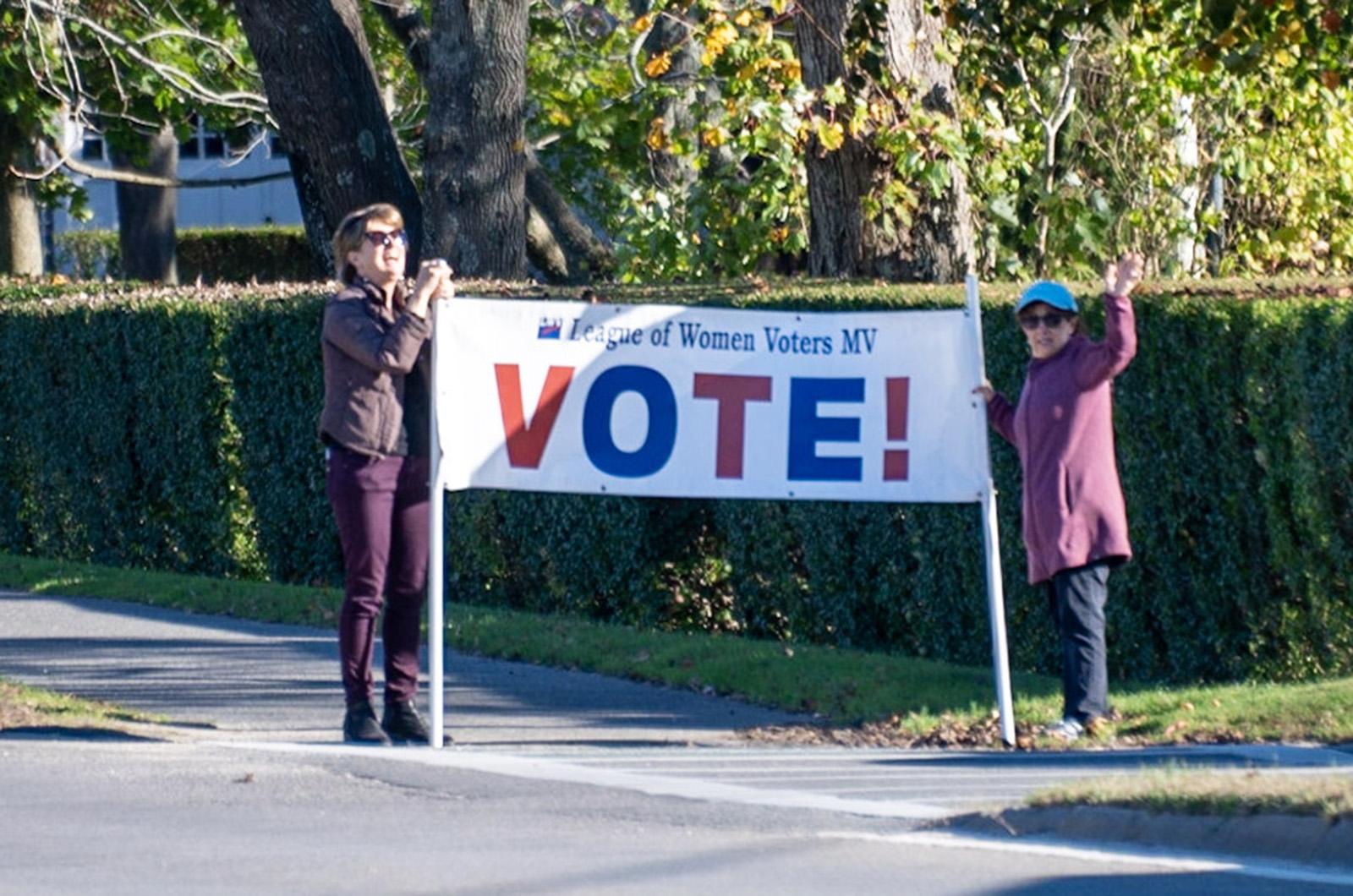Since state Rep. Dylan Fernandes announced early this month that he will run for state Senate next year, only one candidate has made a public bid for his seat. But if history and political party registrations are any indication, his successor is likely to be a Democrat.
The seat has been held by a Democrat for at least 35 years, and falling Republican voter registration over the past two decades suggests it could stay that way.
Still, despite what appears to be an uphill battle, a spokesman for the Massachusetts GOP said it is determined to get a candidate on the ballot, a feat it hasn’t been able to accomplish since 2006.
“The GOP is committed to fielding a candidate for the 2024 election in the district,” said Logan Trupiano. “In fact, we’ve been in touch with two Republicans who are keenly interested in running for the vacant seat. We expect to be competitive in that district and we are confident that our message will resonate with voters.”
One wildcard is that well over half of the registered voters in the district that includes the Vineyard, Nantucket and four precincts of Falmouth are not enrolled in either party, a percentage that continues to climb. According to state voter registration data, the Republican party has lost 550 registered voters on the Island in the past two decades, from 1,691 in 2004 to 1,141 in 2023. Nantucket has lost 507 Republicans over the same period. And though the district only includes four precincts in Falmouth, that town as a whole is down 1,052 Republicans (though it lost slightly more Democrats).
Over the same period, enrolled Democrats have increased by 1,572 on Martha’s Vineyard and 440 on Nantucket.
Mr. Fernandes said one of the reasons he decided to run for the mainland senate seat being vacated by Susan Moran of Falmouth was due to it being a swing seat where his progressive bona fides could effect more change.
“The Vineyard is a very liberal, left-leaning area . . . . This district I’m running for is considerably more conservative,” Mr. Fernandes said. “That’s going to be a change.”
So far, the only candidate to make a public bid for Fernandes’ seat is Thomas Moakley, a Falmouth Democrat. Mr. Moakley is a prosecutor in Edgartown District Court for the Cape and Islands District Attorney’s Office. He said the district and Island often look past labels when it comes to voting.
“Being a member of a party is one thing, but it’s far more important to be the sort of person that cares about the people in their district,” he said.
Mr. Fernandes did not face a single Republican candidate in his four general election wins. Neither did Timothy Madden, the Nantucket Democrat who held the office from 2008 to 2016.
The last time a Republican challenged a Democrat was in 2006, when Island teacher Jim Powell ran against longtime state representative Eric Turkington. Mr. Powell, a farmer and West Tisbury resident, lost handily by a vote of 12,816 to 5,399.
John Milligan, the executive director of MassGOP, said the soon-to-open seat was a good place to make a challenge and that both of the prospective Republican candidates are from the Islands, though he declined to say who they were.
Mr. Milligan did acknowledge that the district is one of the tougher places to establish a foothold, but said the party was able to recently flip a seat in Worcester.
“There’s definitely areas of the state that are very tough sledding for Republicans,” he said. “But we’ve seen that change.” The Island has on occasion been known to vote Republican. The last Republican presidential candidate that won favor with Vineyarders was Richard Nixon in 1972. In 1994, Republican Gov. Bill Weld took 62 per cent of the Dukes County vote. In 2018, Republican Charlie Baker garnered 55.4 per cent of the Dukes County vote over Jay Gonzalez, even after Islanders opted for Martha Coakley in the 2014 gubernatorial election.
Carla Cooper, chair of the Edgartown Democratic Town Committee, said she felt Democrats’ grip on the Vineyard has tightened in recent years due to extreme rhetoric from the right about immigrants and minorities.
“It doesn’t sit well with people out here,” she said.
Still, she feels that Islanders ultimately choose candidates they think will look out for the Island community.
“Out here, people like to feel they are open-minded,” she said. “They vote for a candidate, not a party.”







Comments
Comment policy »